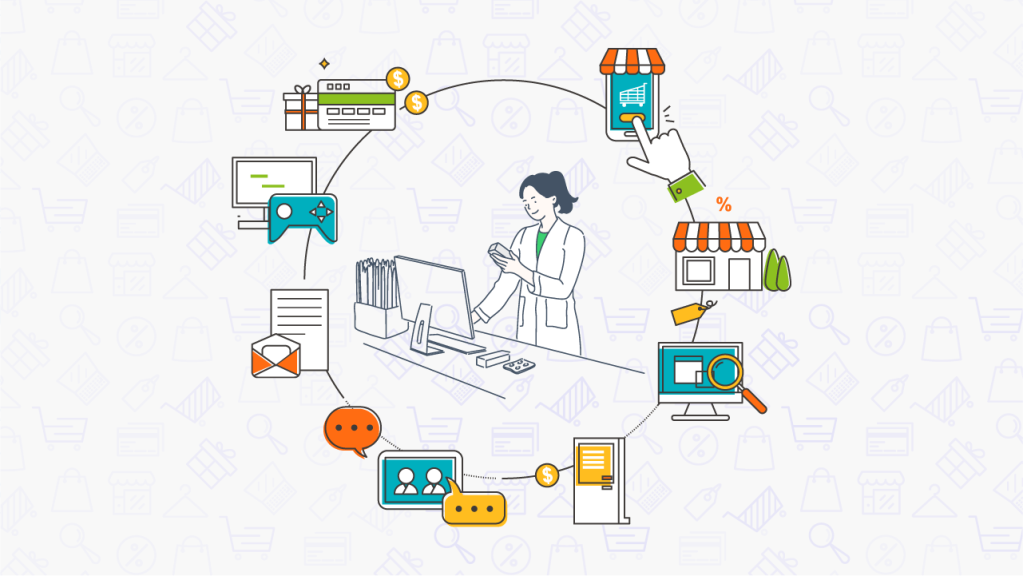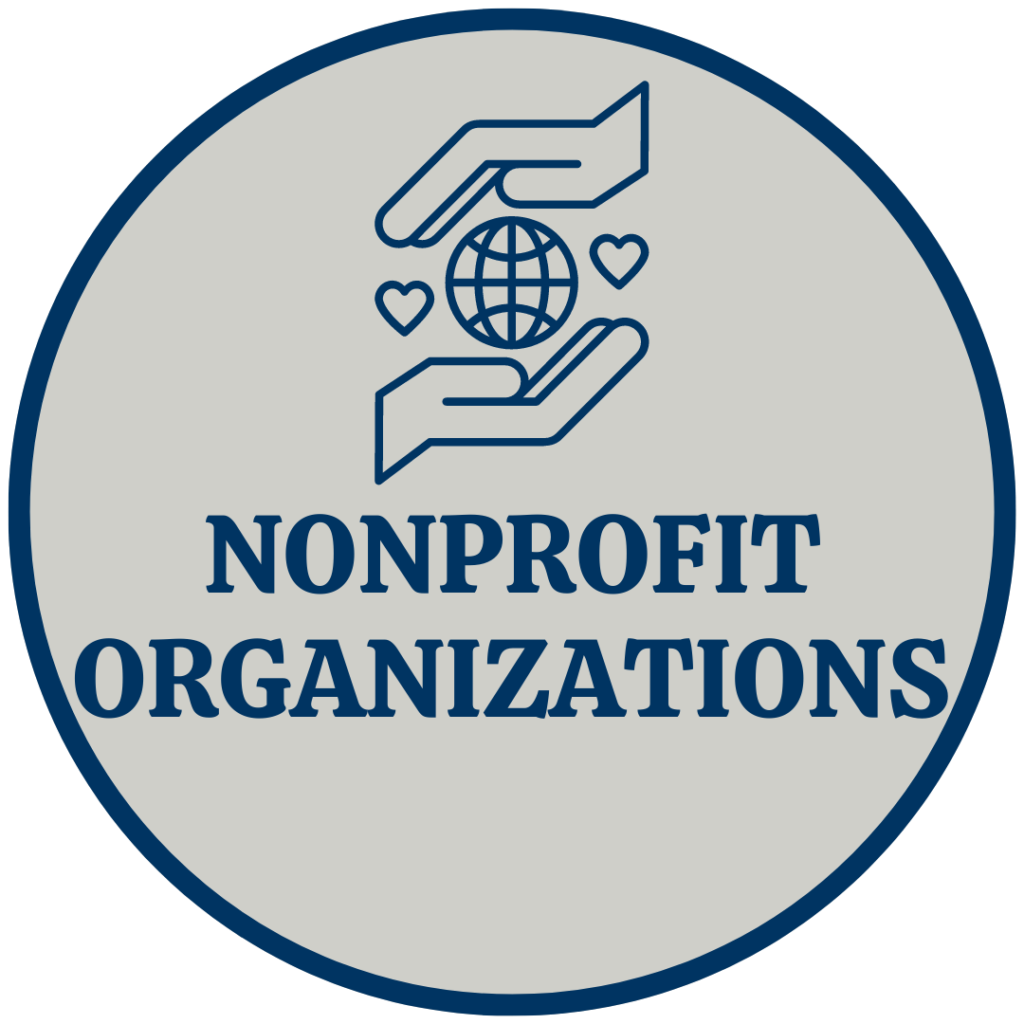Who Are the Primary Users of ERP Systems?
Who Are the Primary Users of ERP Systems?
Enterprise Resource Planning (ERP) systems are essential for businesses aiming to streamline their operations. But who are the primary users of these systems? And what does ERP stand for? ERP stands for Enterprise Resource Planning, a solution designed to integrate and optimize various business functions. While ERP software like SAP Business One is versatile, its users often fall into specific categories.
This blog will explore the key user groups of ERP systems and their unique needs.
Small and Medium-Sized Enterprises (SMEs)
Small and medium-sized enterprises (SMEs) are among the primary users of ERP systems. These businesses often face challenges in managing limited resources and scaling their operations. An ERP solution like SAP Business One offers SMEs a cost-effective way to integrate essential functions such as accounting, inventory, and customer management.
For SMEs, the simplicity of ERP software is crucial. It eliminates the need for multiple standalone tools and ensures smooth operations. As these businesses grow, ERP systems provide the scalability needed to support expansion.
Large Enterprises and Multinational Corporations

Large enterprises and multinational corporations rely heavily on ERP software to manage complex operations. These organizations often have multiple departments, locations, and supply chains. ERP systems enable them to unify processes across geographies and ensure consistency.
SAP software is a popular choice among large enterprises due to its advanced features and customization options. For instance, ERP solutions help these organizations track global inventory, manage compliance in different regions, and streamline financial reporting.
Manufacturing Companies
Manufacturing is one of the industries that benefits most from ERP systems. These businesses need tools to manage production schedules, inventory levels, and supply chain logistics. ERP solutions provide real-time insights into production processes, helping manufacturers optimize efficiency.
SAP Business One is widely used in the manufacturing sector. It integrates production planning, material requirements, and quality control into a single platform. This ensures that manufacturers can meet deadlines, reduce waste, and maintain high-quality standards.
Retailers and E-Commerce Businesses

Retailers and e-commerce businesses are also major users of ERP software. Managing inventory, tracking sales, and delivering excellent customer service are vital for their success. ERP solutions help these businesses monitor stock levels, forecast demand, and automate order processing.
In e-commerce, where speed and accuracy are paramount, SAP software enables seamless integration with online platforms. It ensures that orders are processed quickly and customers receive timely updates.
Healthcare Providers
Healthcare providers use ERP systems to streamline administrative and clinical operations. Hospitals, clinics, and pharmaceutical companies benefit from ERP solutions that manage patient records, billing, and inventory.
SAP Business One supports compliance with healthcare regulations and ensures data security. This is especially important in an industry where accuracy and privacy are critical.
Public Sector and Nonprofit Organizations

ERP systems are not limited to private businesses. Government agencies and nonprofit organizations also use ERP software to manage their operations. These entities often deal with budgeting, grant management, and regulatory compliance.
An ERP solution ensures that public sector organizations can manage resources efficiently. For nonprofits, ERP software helps track donations, manage programs, and ensure transparency.
The Common Thread Among ERP Users
Regardless of industry or size, the common thread among ERP users is the need for integration and efficiency. ERP systems consolidate data from multiple sources, providing users with a comprehensive view of their operations. This helps organizations make informed decisions and achieve their goals.
Empowering Users Across Sectors

ERP systems are versatile tools that cater to a wide range of users. From small businesses to large enterprises, and from healthcare to retail, these solutions drive efficiency and growth. With robust software like SAP Business One, businesses can streamline processes and gain a competitive edge.
Understanding who uses ERP systems underscores their importance in today’s business landscape. Whether you’re a manufacturer, a retailer, or a public sector entity, an ERP solution can transform the way you work.

